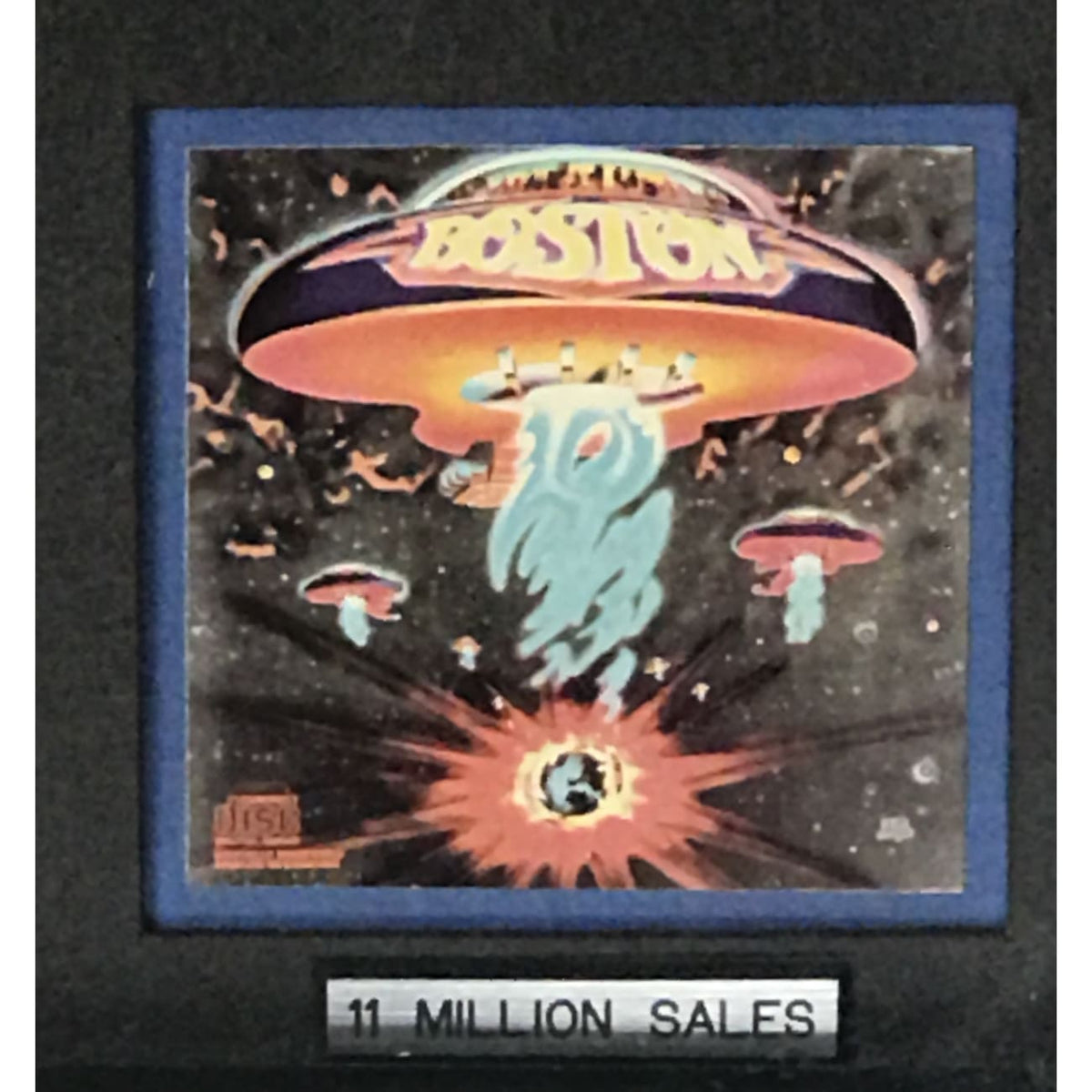

Talk about how a good thing has inspired you. For example, he replaced the original pickup with a Fender Jazz bass pickup that he moved to various positions, experimenting with the sound. Scholz calls his Gibson EB-0 a “chopped-up monster" because he's made so many modifications to it. Things both bad and good generally end up being the impetus for me to write or not write something. I was deeply affected, and it ended up being the subject matter for that song. It was a travesty, a sad and terrible commentary on human nature and on those who control our society. I might not have made the most noticeable leaps and bounds as a musician, but I've tried an awful lot of different things and had an enormous amount of experiences as a human being, and these things have definitely manifested themselves in my music.įor instance, the song “Sail Away" is a reaction to the horror of how badly humans reacted following Hurricane Katrina-how horribly people were treated because of economic and racial reasons. I'm not sure whether I've evolved or devolved! But what I'm doing now is probably different than what I was doing 30 years ago. How would you say you've evolved as a musician since those days, both as a guitarist and composer? I'm still very proud of the first Boston album, and I absolutely love “More Than a Feeling," so I'm always thrilled when my new work reminds me and others of previous things. Some artists cringe at their earliest efforts, but I'm not like that. I wasn't trying to recreate the good old days of early Boston releases, but I guess there's a bit of a throwback to the original recordings. The new record seems to reference vintage Boston. “You've got to step out and take some risks." “I don't think you can repeat the same thing over and over again and still consider it art," says Scholz. “When people first heard 'Last Day of School," they thought I was playing Schubert, but I had to set them straight-'No, I'm playing Scholz!'"īoston fans who've waited more than a decade for the group's latest release, Life, Love & Hope, will not be disappointed by the album's nostalgic sound, courtesy of Scholz's vintage gear, much of which has been in service since the debut album by the posthumous presence of Brad Delp, who died in 2007 and by a handful of departures from the Boston template, such as female singers and flamenco-inspired acoustic work. But because of his tendency to record many variations of even the smallest details in a song, tirelessly experimenting until he found a magical combination of sounds, it was two years before Boston released its sophomore album, Don't Look Back (1978), and eight years between the subsequent albums Third Stage (1986), Walk On (1994), and Corporate America (2002). He also arrived at a signature guitar style balancing searing harmonized lead lines with more introspective arpeggio work. With such massive-sounding songs as “More Than a Feeling," “Peace of Mind," and “Foreplay/Longtime," Scholz built a template that would make Boston a staple of classic rock radio stations. It was one of the best-selling debuts in history, selling more than 17 million copies. These tapes would form the basis of the band's eponymous 1976 album, featuring Delp and Scholz along with guitarist Barry Goudreau, bassist Fran Sheehan, and drummer John “Sib" Hashian. With the assistance of vocalist Brad Delp, Scholz painstakingly assembled the demos that in 1975 would land him a contract with Epic. The group's roots date back to the mid-'70s, when Scholz spent a fortune assembling a recording studio in the basement of his Watertown, Massachusetts, apartment, holing up there when he wasn't working at Polaroid. Scholz is perhaps best known as the pioneering member of the arena rock band Boston. “Don't get me started on the many shortcomings of digital sound," he says.
#Boston debut album mit free#
This development of course helped pave the way for digital plug-in-and-play hardware, software, and even free apps that today make it possible for a guitarist to instantly harness any sound imaginable-technology that, ironically, Scholz isn't particularly that fond of. But then, the MIT graduate and Polaroid engineer Tom Scholz pioneered the Rockman-a pocket-sized headphone amp producing such robust analog effects as compression, distortion, cabinet simulation, chorus, and reverb. Prior to the late 1970s, guitar practice gear tended to produce small and inferior sounds.


 0 kommentar(er)
0 kommentar(er)
